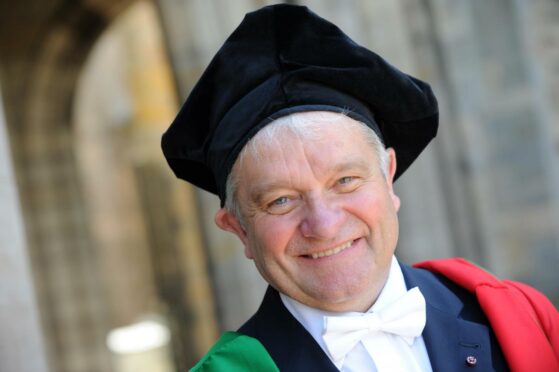One of the UK’s most eminent academics has called for the way science works to be taught in schools.
Nobel Laureate Sir Paul Nurse says Covid-19 would have killed many more people if it hadn’t been for science.
And now, he says we need to start formally teaching children how science works.
He believes they need to understand the reasoning behind decisions, even if they don’t become scientists themselves.
Writing in the Radio Times, Sir Paul said: “The way science works and develops needs to be taught at our schools, so citizens and political leaders are better prepared to be engaged with scientific issues and the application of science.
“It’s not enough for politicians to simply say they are “following the science”; they need to know what science they are following, and why they are following it.”

Sir Paul said there were people who do not fully understand science. Despite this, they are “very happy to expound incorrect information, particularly on social media”.
He gave the examples of climate change deniers, anti-vaxxers and people who disagree with gene editing.
He added: “These people tend to cherry-pick data, are inattentive to reproducibility, lack scepticism about their own ideas, and are often discourteous and strident in their opinions.
“…we need to engage citizens in proper debate about science and the application of it.”
Sir Paul’s comments were ahead of an upcoming Radio 4 day dedicated to science.
Sir Paul Nurse: What does he know?
Along with Leland Hartwell and Tim Hunt, Sir Paul won the 2001 Nobel Prize in Physiology or Medicine. The award was for their discoveries of protein molecules that control the division of cells in the cell cycle.
Sir Paul’s findings have broader significance since errors in cell growth and division may lead to cancer and other serious diseases.
He has been chief executive of Cancer Research UK, a professor of microbiology at Oxford and president of the Rockefeller University in the USA.
He is a director of the Francis Crick Institute in London and former President of the Royal Society.
Read the full article on the Radio Times website now.
More from the Schools & Family team
North school creates touching memorial to tragic Paige, six
